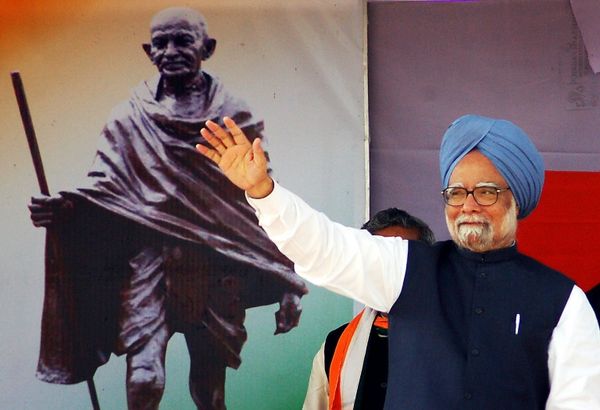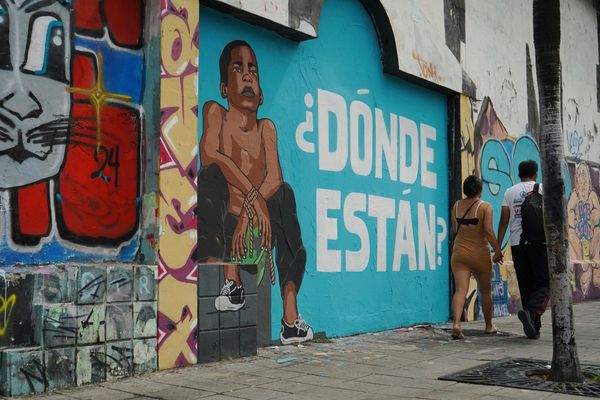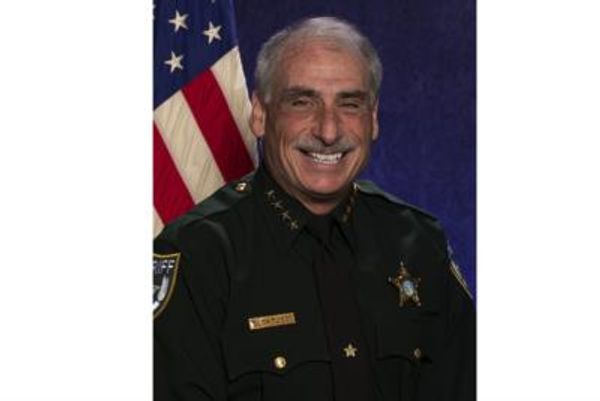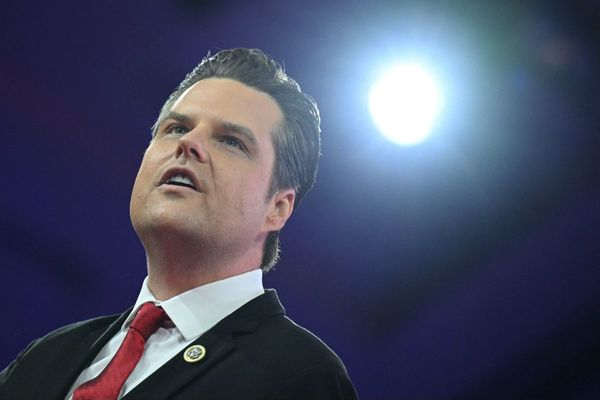
Birmingham (United Kingdom) (AFP) - UK Prime Minister Liz Truss on Sunday conceded she should have better prepared Britain for her recent debt-driven mini-budget, which slashed taxes and sparked market turmoil, as her restive ruling Tories kick off their annual conference.
Less than a month into the job but already mired in a deep crisis, the new Tory leader insisted the controversial plans would return Britain to economic growth, as it grapples with decades-high inflation and imminent recession.
With the Conservative party faithful gathering for four days in Birmingham, Truss also sought to reassure critics she will reduce the extra government borrowing earmarked to fund the tax cuts for the wealthiest.
"I do stand by the package we announced...but I do accept we should have laid the ground better there," Truss told the BBC in her first live TV appearance since the contentious proposals were unveiled on September 23.
"We have a clear plan moving forward both to deal with the energy crisis and to deal with inflation, but also to get the economy growing," she added, while also vowing to curb government debt "over the medium term".
'Under a bus'
Opposition parties, much of the public and even Conservative MPs -- notably backers of her defeated leadership rival Rishi Sunak -- are aghast at the mini-budget announced by finance minister Kwasi Kwarteng.
It went further than many had expected, abolishing the top rate of income tax and lifting a cap on bankers' bonuses.
Markets tanked in response, and the Bank of England staged an emergency intervention to bail out embattled pension funds, setting the stage for a likely fractious annual conference.
Truss revealed on Sunday she had not discussed axeing high-earners' 45-percent tax rate with her cabinet, and appeared to distance herself from the politically toxic move by claiming "it was a decision that the chancellor made".
That prompted an immediate rebuke from erstwhile Tory MP ally Nadine Dorries, who accused her of "throwing (Kwarteng) under a bus on the first day of conference".
Appearing on the BBC immediately after Truss, Conservative lawmaker Michael Gove was one of several Tories to express alarm at the plans.
He branded them "profoundly" problematic and said there would need to be "a course correction".
Poll rout
Reports suggest some Tory MPs could join opposition parties' attempts to block aspects of the mini-budget in parliament.
Meanwhile concerns are growing of a return to government austerity measures, after cabinet minister Simon Clarke warned on Saturday of the "very large welfare state" and need to "trim the fat".
Critics argue Truss -- elected leader by just 81,000 party members after the summer-long leadership contest -- has no mandate to reimpose the type of swingeing cuts seen under the Conservative-led coalition government of 2010-2015.
During the campaign, the 47-year-old insisted she was "not planning public spending reductions", but failed to reiterate that stance on Sunday.
A raft of polls have found Truss and her economic package deeply unpopular, alongside plummeting ratings for the Tories.
Some surveys showed Labour with mammoth leads of up to 33 points -- its biggest since the heyday of its former prime minister Tony Blair in the late 1990s.
Echoing Blair, Labour leader Keir Starmer insists his party now represents mainstream UK voters.
Truss may at least take some relief from reports that Sunak and former prime minister Boris Johnson will stay away from Birmingham.
'Decadence'
But plenty of critics remain.
Hundreds of protesters angry at the government's handling of the worsening cost-of-living crisis massed in Birmingham on Sunday, after mass demonstrations in London and elsewhere the previous day.
"I'm here because this is the worst government we've had in my lifetime -- and I'm nearly 73," retired teacher Jane Scott told AFP at the protest in the city's Victoria Square.
As various industries stage nationwide strikes this year, rail union leader Mick Lynch joined the rally, branding the situation "a class struggle".
"We've seen the decadence and the corruption of the ruling class in this country," he told attendees chanting "Tax the rich, not the poor.We won't take it any more" and waving "Tories out" placards.
Inside the conference, the programme has been pared back to eliminate some of its fringe partying following the September 8 death of Queen Elizabeth II -– who appointed Truss only two days before she died.
Kwarteng is due to address the main floor on Monday, before Truss closes it with the leader's keynote speech on Wednesday.







